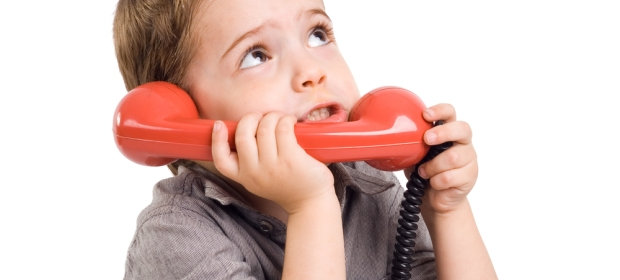It is essential to examine early speech and language development, as well as other developmental issues which are something we initially screen for in your initial visit to Pulse Therapy and Learning Center. It may be difficult to distinguish whether a child is just developing slowly in his or her ability to communicate, or has a problem that needs professional attention.
The Difference Between Speech and Language
Speech and Language are frequently confused with each other, yet there is a distinction between the two:
- Speech is the verbal articulation of language and includes enunciation, which is the manner in which sounds and words are formed.
- Language is more extensive and refers to the entire system of communication in a way that’s meaningful. It’s comprehending and being understood through communication — may it be as verbal, nonverbal, and written.
Although issues in speech and language vary, they usually overlap. A kid with a language issue might have the capacity to articulate words well, however, be not able to put multiple words together. Another kid’s speech might be difficult to understand; however, the child may utilize words to express thoughts. Additionally, another child may speak well but may find it challenging to follow directions.
In case you’re worried about your child’s speech and language development, there are a few things to look for. A new-born child who isn’t reacting to sound or who isn’t vocalizing is of specific concern.
Between 12 and 24 months, reasons for concern include a child who:
- isn’t using body gestures (such as pointing or waving bye-bye) by 12 months
- chooses gestures over dialogues to communicate at 18 months
- has difficulty imitating sounds by 18 months
- has difficulty comprehending simple verbal requests
Seek professional therapy help if a child over 2 years old:
- can only imitate speech or actions and doesn’t create words or phrases by own
- makes only specific sounds or words repeatedly and can’t use verbal language to communicate more than immediate needs
- can’t follow simple directions
- has an unusual tone of voice (including raspy or nasal sounding)
- is more difficult to understand than expected for his or her age. Parents should mostly understand a child’s speech at 2 years and about three quarters at 3 years. By 4 years old, a child should be mostly understood, even by people who are not related to the child.
Causes of Delayed Speech or Language
There are many factors that can cause delays in speech and language development. Speech delays, in general, may be due to oral impairments, similar to issues with the tongue or palate. A short frenulum (the overlap underneath the tongue) can constrain tongue development for producing speech.
Children with speech delays may also have oral-motor concerns, which means there’s ineffective communication in the areas of the brain responsible for speech production. The child experiences trouble utilizing and coordinating the lips, tongue, and jaw to deliver speech sounds. Speech may be the only issue or may be accompanied by other oral-motor problems such as difficulties with eating.
Hearing issues are commonly identified with speech delays, which is the reason a child’s hearing should be examined whenever there is a speech concern. A child who experiences difficulty in the hearing may have trouble articulating and understanding, imitating, and using language.
Ear infections, especially chronic ones, can affect hearing capacity. Simple ear infections that have been sufficiently treated, though, should not affect speech. If at least one ear hears normally, speech and language will develop normally.
What Speech and Language Therapists Can Do
Early assessment performed by a speech and language therapist would be critical for your child’s development. If it turns out to be no major concern, after all, an assessment can ease your worries.
During the assessment, a speech and language therapist will evaluate a child’s speech and language skills within the context of their global development. Besides observing your child, the speech and language therapist will perform standardized tests, and look for milestones in speech and language development.
The speech-language pathologist will also assess:
- what your child understands (receptive language)
- what your child says (expressive language)
- if your child is attempting to communicate in other ways, such as pointing, head shaking, gesturing, etc.
- sound development and speech clarity
- your child’s oral-motor status (how a child’s mouth, tongue, palate, etc., coordinate for speech as well as eating and swallowing)
If the speech and language therapist find that your child needs speech therapy, your support will be very important. As the parent, you can observe therapy sessions and learn to participate in the process. The speech and language therapist will demonstrate you how you can help you to improve speech and language skills at home as well.


